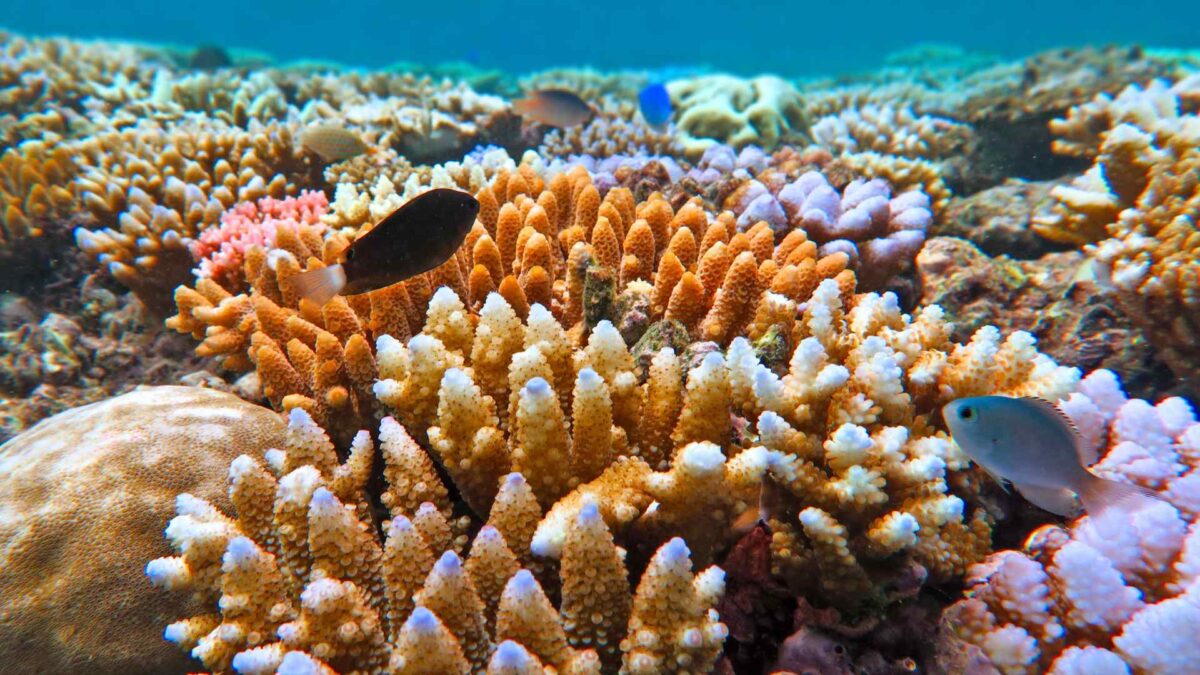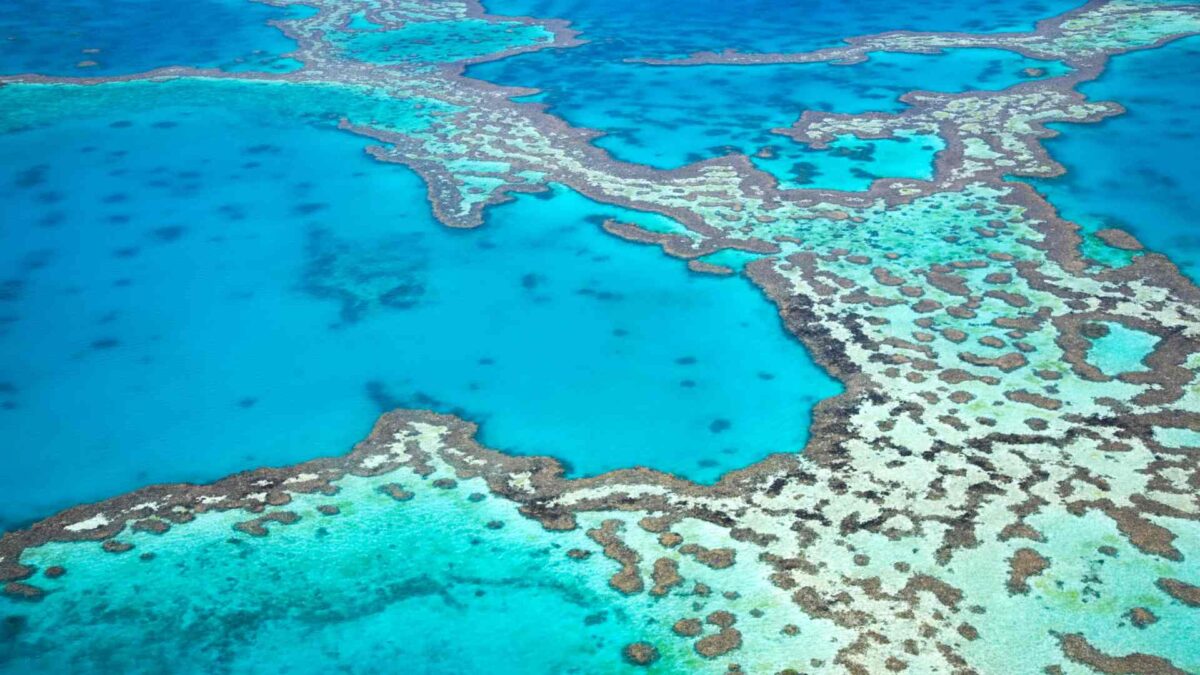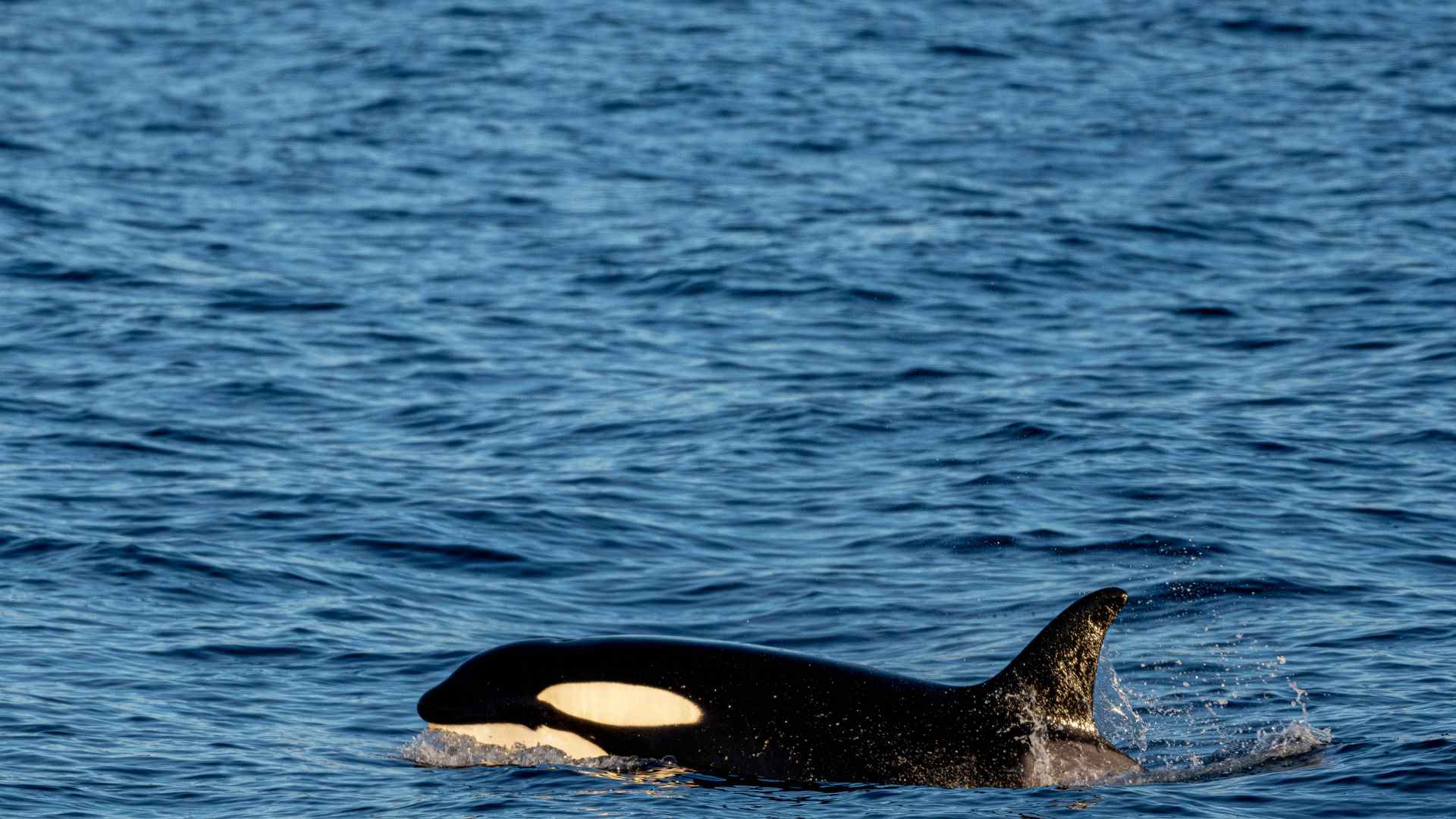
Great Barrier Reef records worst coral loss in decades

The Great Barrier Reef has recorded its largest annual decline in coral cover since monitoring began nearly 40 years ago, according to the Australian Institute of Marine Science (AIMS).
The losses were driven by climate change-induced heat stress during the 2024 mass bleaching event, along with cyclones and outbreaks of crown-of-thorns starfish.
Coral cover dropped significantly in two of the reef’s three regions:
- In the northern region, from Cape York to Cooktown, coral cover fell by a quarter, from 39.8 percent to 30 percent
- In the central region, from Cooktown to Proserpine, it fell by 13.9 percent, from 33.2 to 28.6 percent
- In the southern region, from Proserpine to Gladstone, it dropped by almost a third, from 38.9 to 26.9 percent
Dr Mike Emslie, who leads the AIMS Long-Term Monitoring Program, said the sharp losses were somewhat cushioned by record-high coral cover in previous years. He warned, however, that increasing volatility is a sign of an ecosystem under growing stress.

“We have seen coral cover oscillate between record lows and record highs in relatively short periods of time, which is a recent and concerning trend,” he said. “This year’s results show just how vulnerable fast-growing Acropora corals are to heat stress, cyclones, and predation.”
The 2025 AIMS survey covered 124 reefs between August 2024 and May 2025. Most of the reefs recorded coral cover between 10 and 30 percent. Only two reefs had more than 75 percent cover, while two had less than 10 percent.
Professor Selina Stead, CEO of AIMS, said the 2024 mass bleaching event was part of a global pattern that began in 2023 and marked the fifth mass bleaching on the Reef since 2016. It was also the first time a single bleaching event impacted nearly every coral reef in Australia.
“This was the second time in a decade that the Reef experienced mass bleaching in two consecutive years,” she said. “It highlights the increasing intensity and frequency of these events, and the clear role of ocean warming caused by climate change.”
She said protecting coral reefs into the future will require strong cuts to greenhouse gas emissions, managing local pressures, and developing new ways to help reefs adapt and recover.
Share this WeathÉire story:





















